We've all been there: You get a facial and walk out with radiant skin, only to wake up the next morning with a face full of breakouts. It happened to me recently. But there are so many things that can cause a post-facial reaction. We chatted with esthetician Trudilynne Pina from Oliver's Salon and Day Spa in Allentown, Pennsylvania, about everything you need to know before booking your next facial.
Read more ¿Qué más?: Girl's painful face mask disaster is so crazy it hurts
Image via iStock
Post-facial acne can happen.
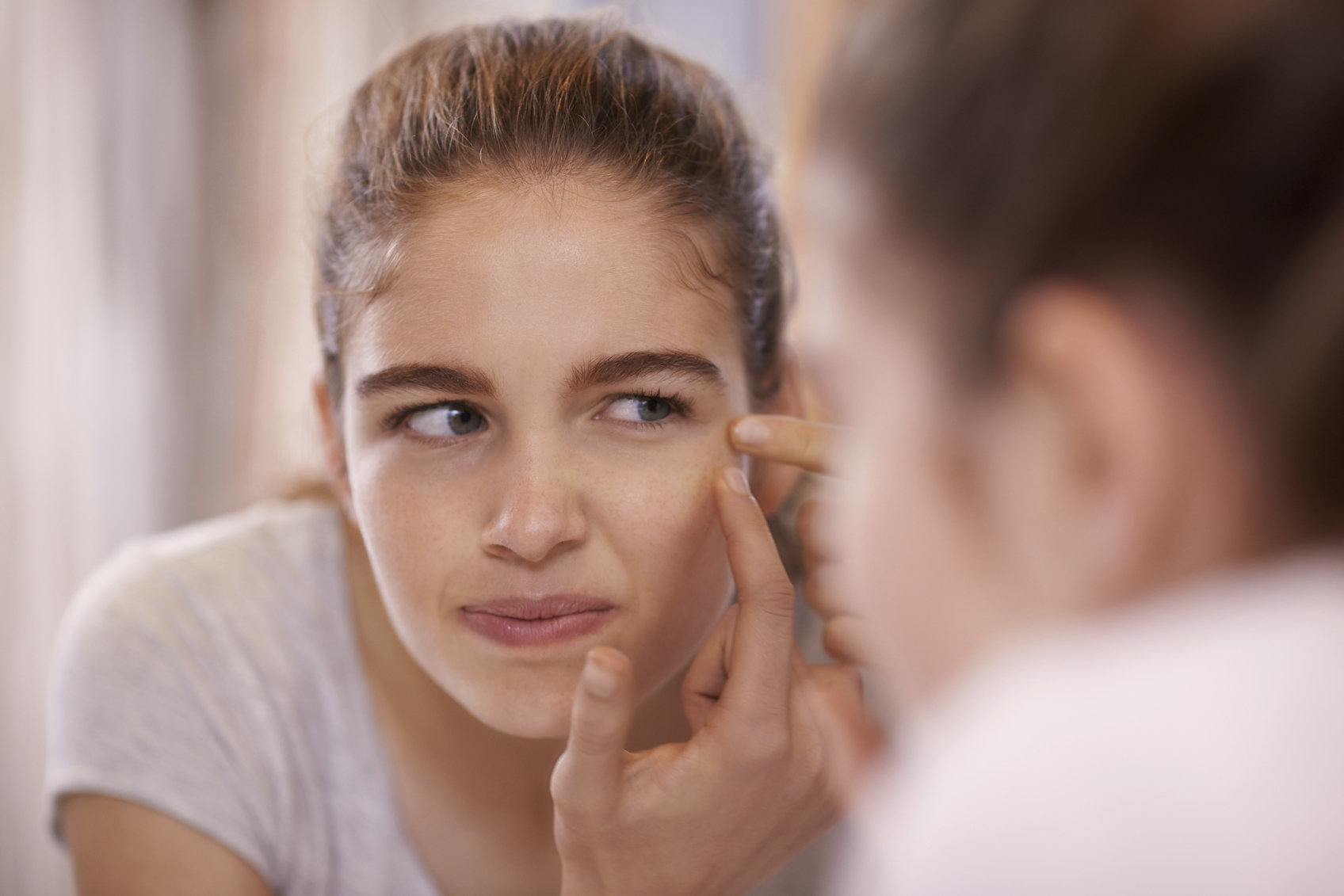
"Acne breakouts after a facial are not common, unless you have acne-prone or sensitive skin, but it can happen," says Pina. "When you're getting extractions done especially, you're releasing years of oils, makeup, and sunscreen that's been hiding in the skin. The facial could trigger the body to rid itself of all those toxins and impurities." Think detox, but for your face.
Extractions can cause reactions.
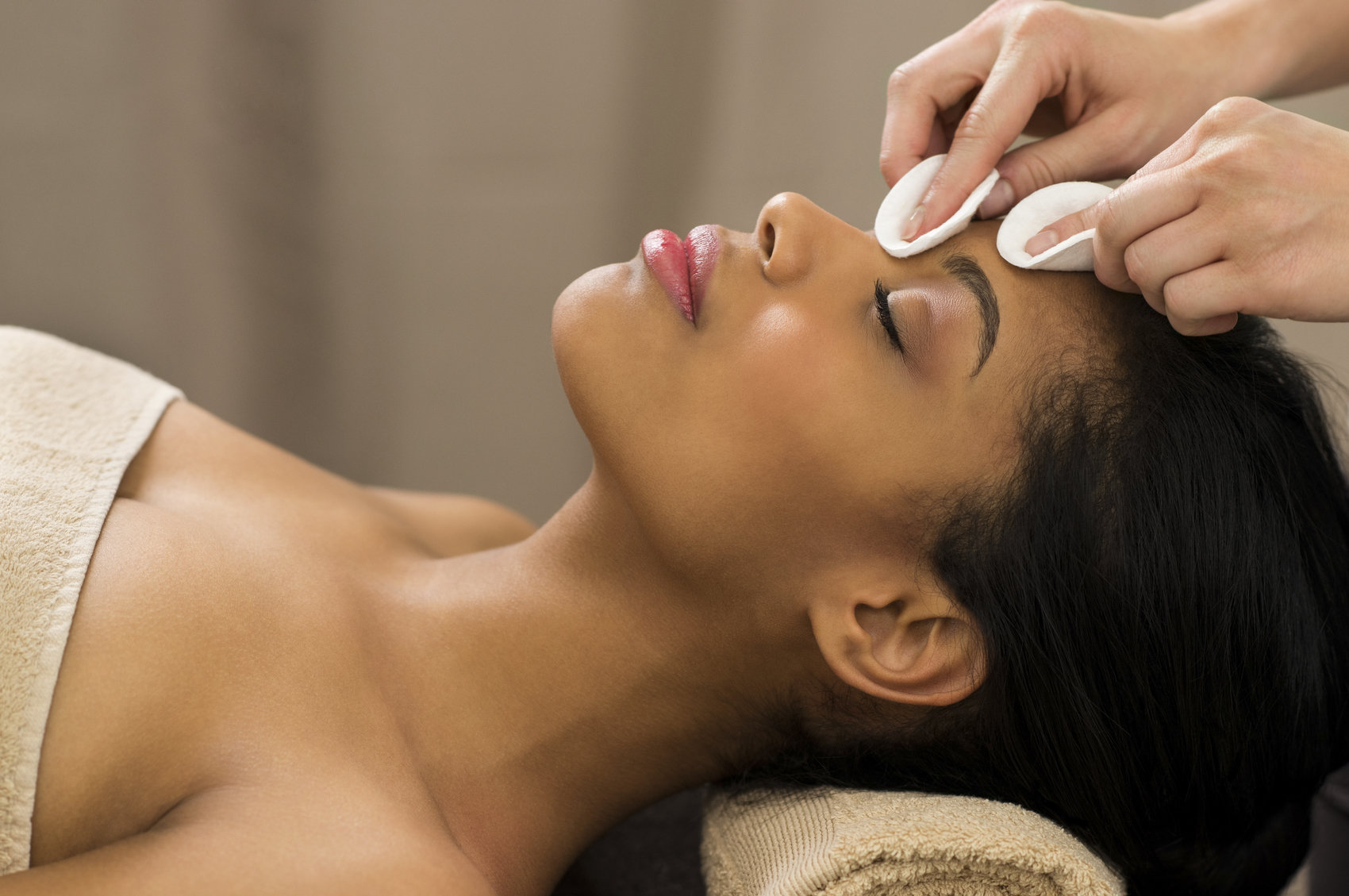
"Your skin should not be irritated after a facial, unless you had a lot of extractions," says Pina. "If an esthetician is too aggressive with their extractions it can cause a major blow to the skin. I highly recommend looking for an esthetician that uses a high frequency machine after extractions. It's an anti-bacterial, germicidal machine that's applied over the skin and helps calm it down."
Be careful with face massages.
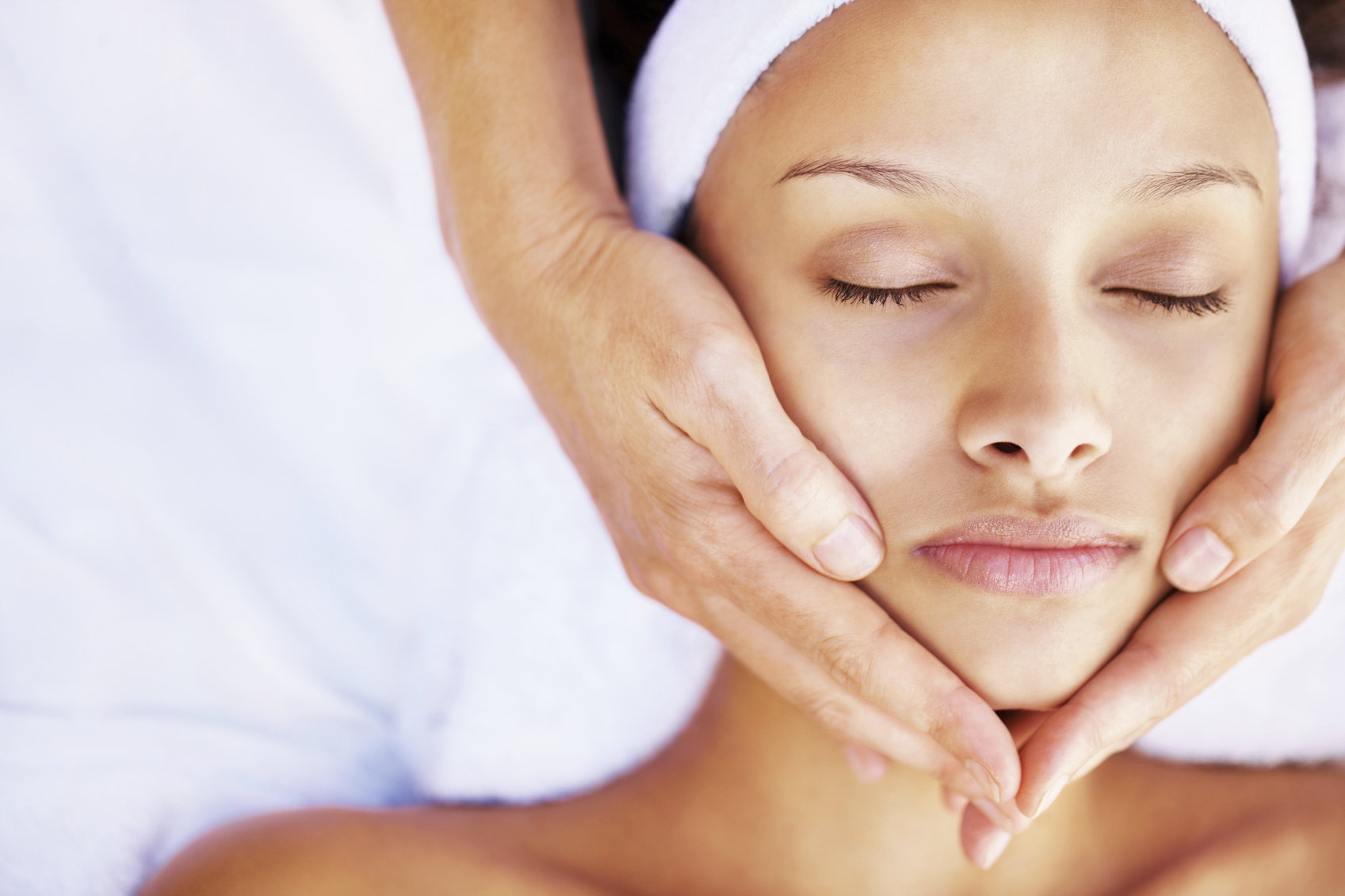
"When you get a facial, your skin is getting cleansed, exfoliated, and excited. The massage part of the facial helps to sedate the skin and calm it back down," says Pina. "But if you have acne-prone, or sensitive skin, which many times is already stimulated, a massage could actually lead to more breakouts." Pina recommends letting your esthetician know what your skin type is before the actual facial.
Strong ingredients don’t work for everybody.
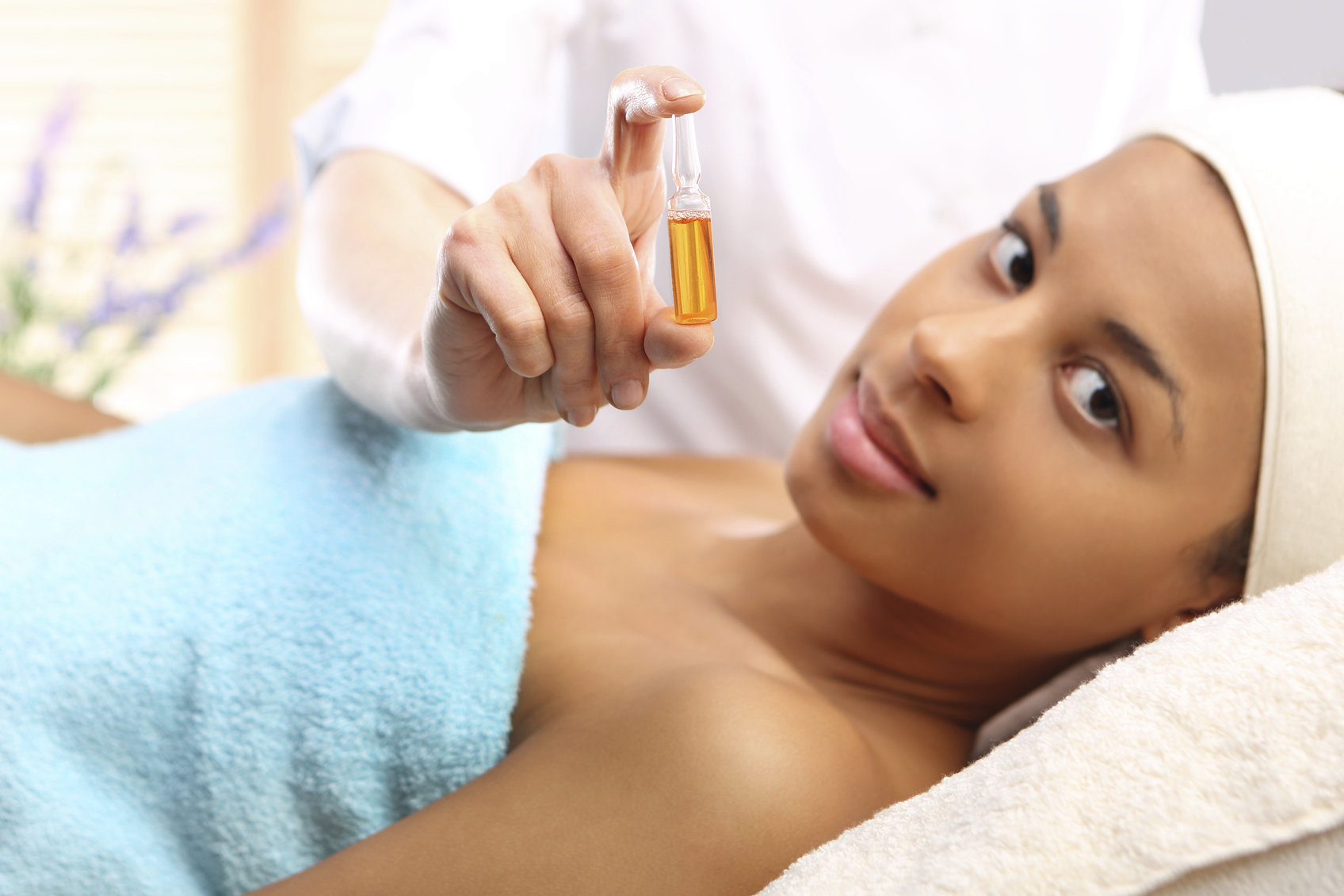
Pina suspects that the vitamin C and glycolic acid used in my facial is probably what triggered my oily/acne-prone/sensitive skin to breakout. And since I walked into my facial session with a very clear complexion, my esthetician probably assumed my skin was able to handle it. "For sensitive skin types you definitely want to be careful with facials that include ingredients like vitamin C, vitamin A or any types of acids," Pina adds. "They can be a little too strong for certain skin types and can result in redness and irritation."
Speak up if you feel a burn.
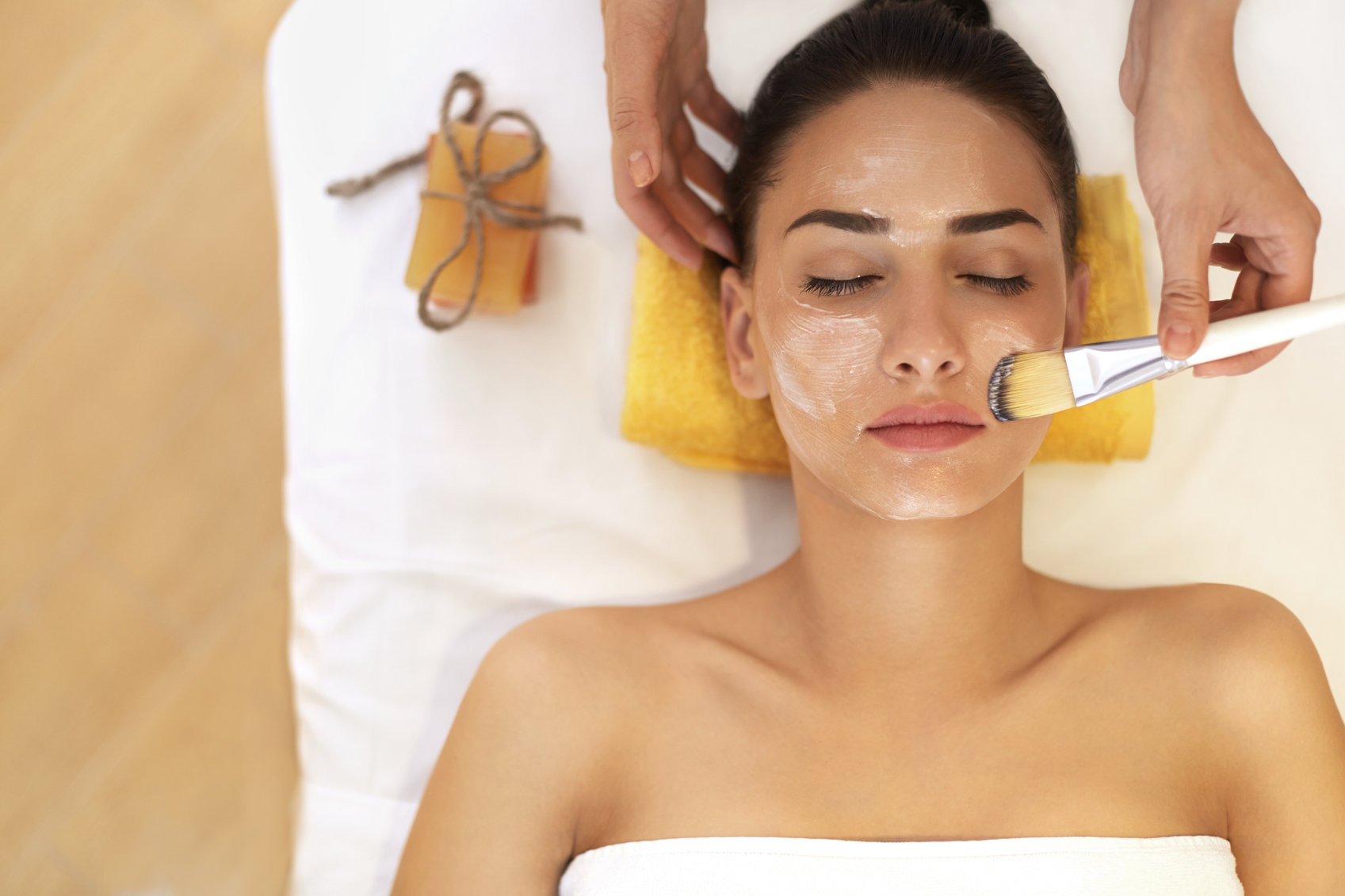
"Pay attention during your facial," says Pina. "If something burns, let your esthetician know. It's normal to experience a little stinging, but you should never feel a burn. That's a sign that your skin is reacting to something in the facial."
Less is more.
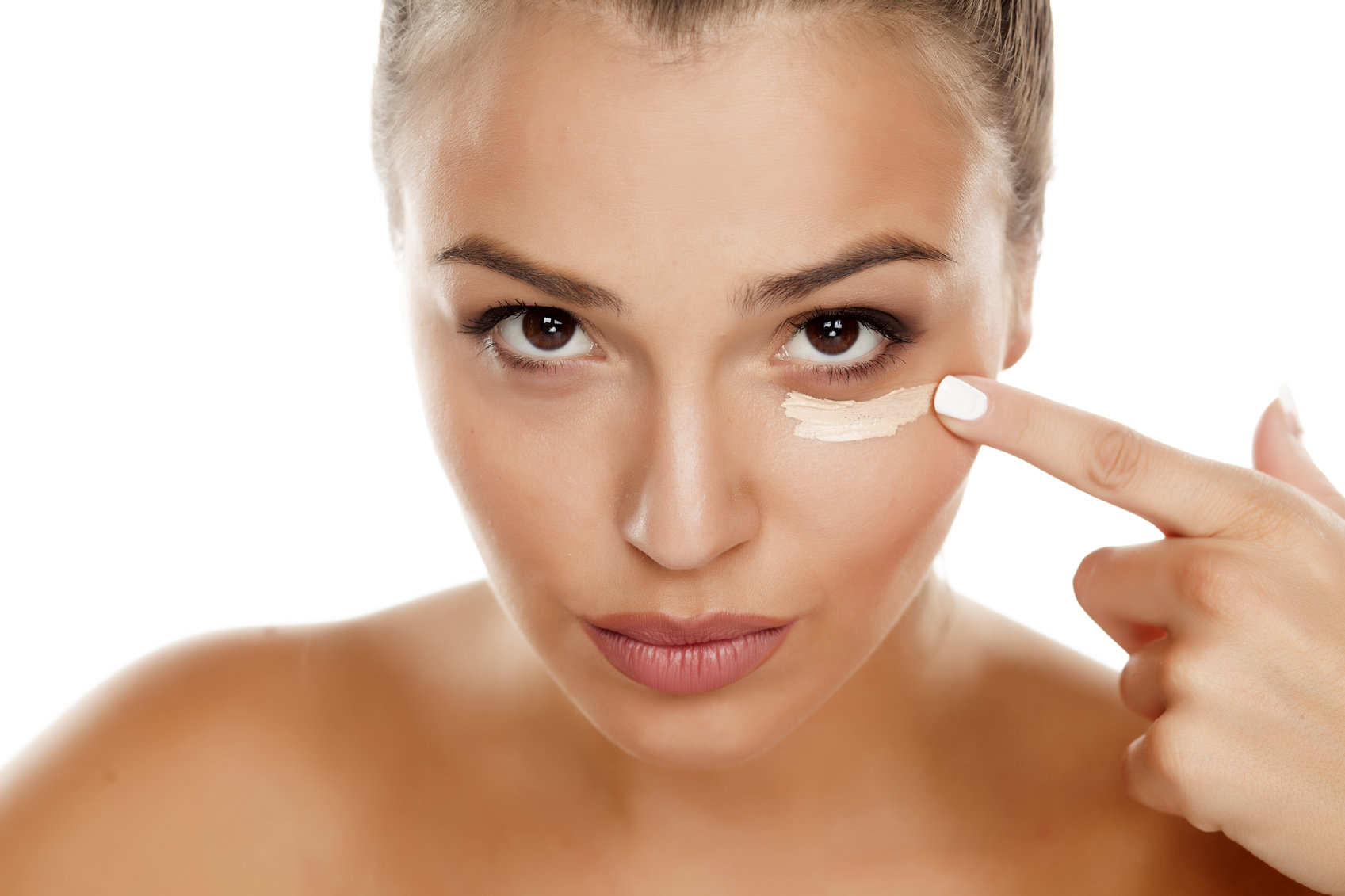
The less you put on your face post-facial, the better. "I suggest not putting anything on for at least an hour, with the exception of a moisturizer that's specific to your skin type," says Pina who recommends staying away from anything that has acids, retinol, vitamin A or vitamin C, which can excite your already stimulated skin. "Avoid sunscreen or makeup for at least an hour because they can clog your pores and cause your skin to react."
Use natural ingredients to soothe a reaction.
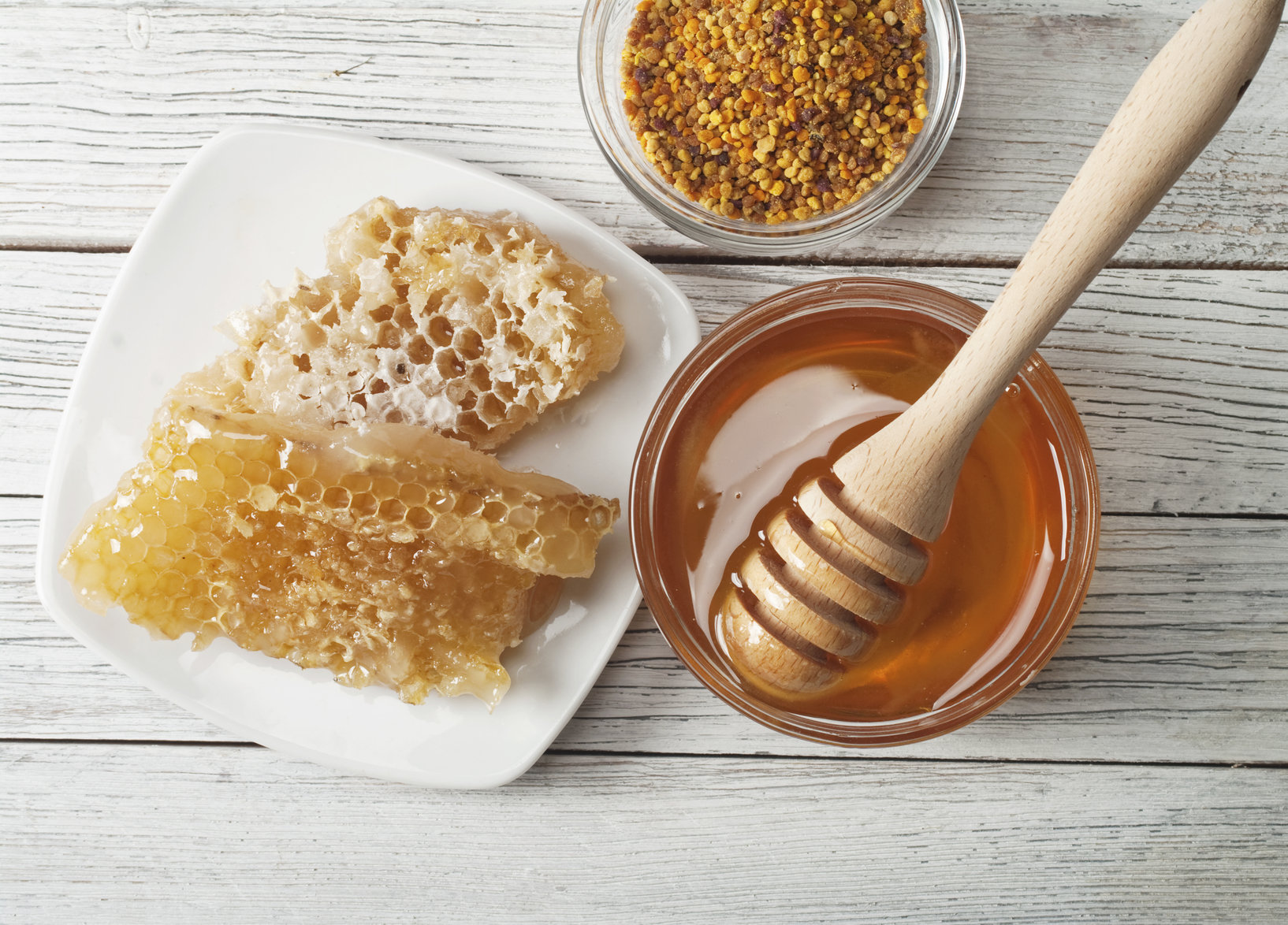
If you do experience some redness or mild breakouts, opt for an all-natural remedy. "I suggest hydrating your face with ingredients like rose water or honey, to help calm and soothe the skin," Pina says. I did an aloe vera and honey mask and left it on for 20 minutes.
Your reaction might be an allergic one.
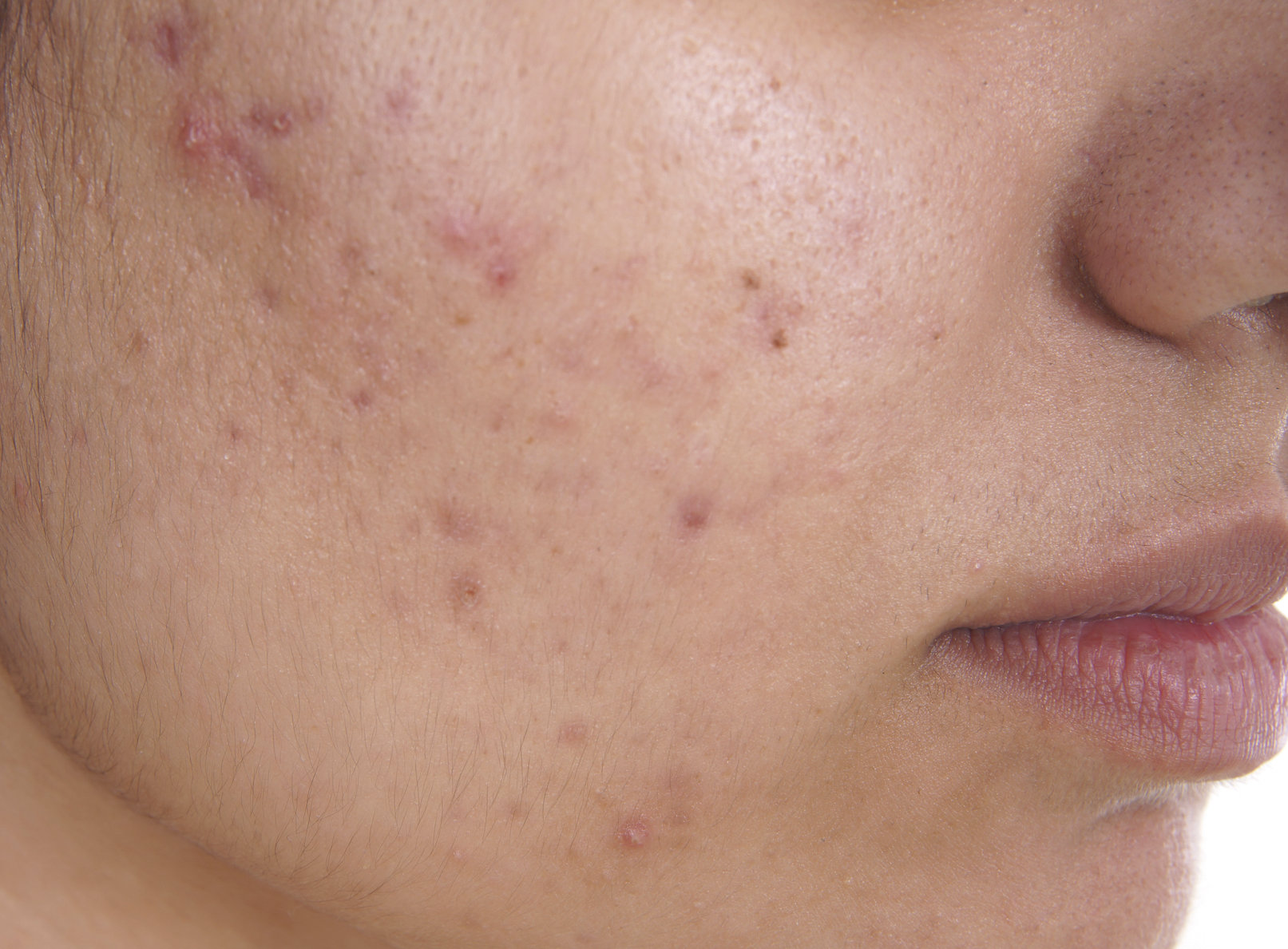
"If you have more than mild breakouts or redness on your face, chances are you're experiencing an allergic reaction of some sort," says Pina. "I'd suggest calling your esthetician and letting them know, then taking an antihistamine like Claritin or Benadryl. Over-the-counter hydrocortisone creams also help bring down the swelling."




